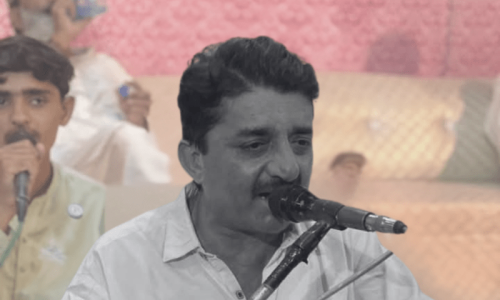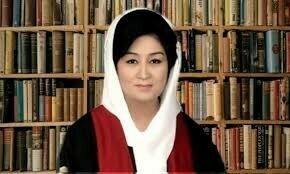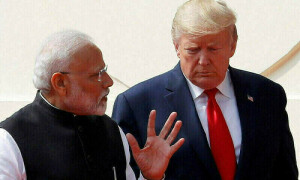COX’S BAZAR: Unidentified assailants shot dead a top Rohingya community leader in a refugee camp in the Bangladesh resort district of Cox’s Bazar on Wednesday.
Mohibullah was talking with other refugee leaders outside his office after attending prayers when four assailants came to the spot and shot him dead, according to a police spokesman.
“Four to five unidentified assailants shot him from close range. He was declared dead at a hospital in the camp,” he said.
He added that police and an armed police battalion tasked with ensuring security for the country’s 34 Rohingya camps, had stepped up security, deploying hundreds more armed officers.
No one was arrested.
“We are conducting raids in the area,” the official said, adding Mohibullah had not alerted police of any threats from any group.
Mohammad Nowkhim, a spokesman for Arakan Rohingya Society for Peace and Human Rights (ARPSH), said Mohibullah was talking to other Rohingya leaders outside the ARPSH office at Kutupalong, the world’s largest refugee settlement, when an unidentified assailant shot him three times.
“He was in a pool of blood. He was brought dead to the nearby hospital,” Nowkhim said from a hideout, adding that many Rohingya leaders had gone into hiding after the killing.
No one claimed responsibility, but a Rohingya leader said Mohibullah was killed by an extremist group known as Arakan Rohingya Salvation Army, which was behind several attacks on Myanmar security posts in recent years “It is a work of ARSA,” he said.
No one like him
Mohibullah, who was 48, emerged as the main civilian leader of the persecuted Muslim minority community when more than 740,000 Rohingya took refuge in camps in Bangladesh, after a military crackdown by the Myanmar army on their villages in Rakhine province in August 2017.
He formed the ARPSH in a Bangladeshi camp months after the influx, and it helped investigate the carnage carried out by the Myanmar army and Buddhist militias during the crackdown.
In August 2019, he organised a massive rally at Kutupalong camp, the main Rohingya settlement, which some 200,000 Rohingya attended. The rally confirmed his top leadership among the refugees.
That year, he was also flown to the United States, where he attended a religious freedom meeting hosted by the US State Department and led by then-president Donald Trump.
But in recent years, Bangladeshi security forces restricted the activities of his group, ARPSH. It was not allowed to hold any rallies during the anniversary of the crackdown last year and this year.
An uneasy calm has descended in the camps, Rohingya leaders and rights activists monitoring the settlements said, adding Mohibullah’s killing would have bigger ramifications.
Published in Dawn, September 30th, 2021

















































